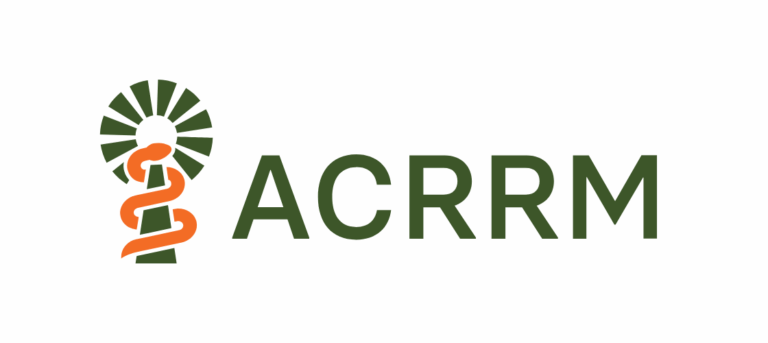On 21 September, Minister for Health and Aged Care, the Hon. Mark Butler MP, announced the formal recognition of Rural Generalists (RGs) as a specialist field within general practice. This landmark decision marks a significant step forward for rural healthcare in Australia and follows six years of dedicated advocacy by the RACGP and ACRRM.[1] Recognition strongly supported by governments, health agencies, and professional organisations nationwide.
“We will now work with the Medical Board of Australia and the Australian Health Practitioners Registration Authority to support members through the process of attaining their specialist title.
We will also continue to advocate for the policies and funding to ensure RGs are at the centre of workforce planning and resourcing.” – Australian College of Rural and Remote Medicine (ACRRM) President Dr Rod Martin
GPs who hold Fellowship from either RACGP or ACRRM are now eligible to apply for specialist registration as Rural Generalists, with the title protected under National Law. RGs undertake advanced training in emergency medicine and rural-relevant disciplines such as child health, mental health, surgery, and obstetrics, equipping them to deliver high-skill, comprehensive care tailored to the needs of rural and remote communities.[2]
What is Rural Generalist Medicine?
Rural Generalist Medicine encompasses a broad scope of medical care delivered by doctors in rural settings, including:
- Comprehensive primary care for individuals, families, and communities
- Hospital inpatient and secondary care in institutional, home, or ambulatory settings
- Emergency care
- Extended service in focused cognitive and/or procedural areas to sustain local health services
- A population health approach tailored to community needs
Rural Generalist Anaesthesia Training Program
Rural generalists with anaesthesia training play a vital role in delivering life-saving services in many rural and remote communities. The[3] 12-month Rural Generalist Anaesthesia (RGA) training program is available to RG registrars and fellows seeking formal certification in anaesthesia.[4]
To register, applicants must:
- Be registered trainees with RACGP and/or ACRRM and have completed at least one year of primary fellowship training, or hold Fellowship
- Hold an approved position for RGA training
- Have current Advanced Life Support 2 (ALS-2) certification
Registration is coordinated through ANZCA, with confirmation provided upon successful enrolment.
ASA Endorsement
The Australian Society of Anaesthetists (ASA) strongly supports the recognition of Rural Generalists and endorses a doctor-led approach to the provision of appropriate care. We welcome Rural Generalists as associate members and look forward to supporting them in strengthening healthcare access and sustainability in underserved areas.
Sources:
[1]RACGP Rural Generalist Medicine
[2] RACGP: Position Statement Rural Generalist Medicine
[3]RACGP: RGA-Curriculum-v1-1.pdf

